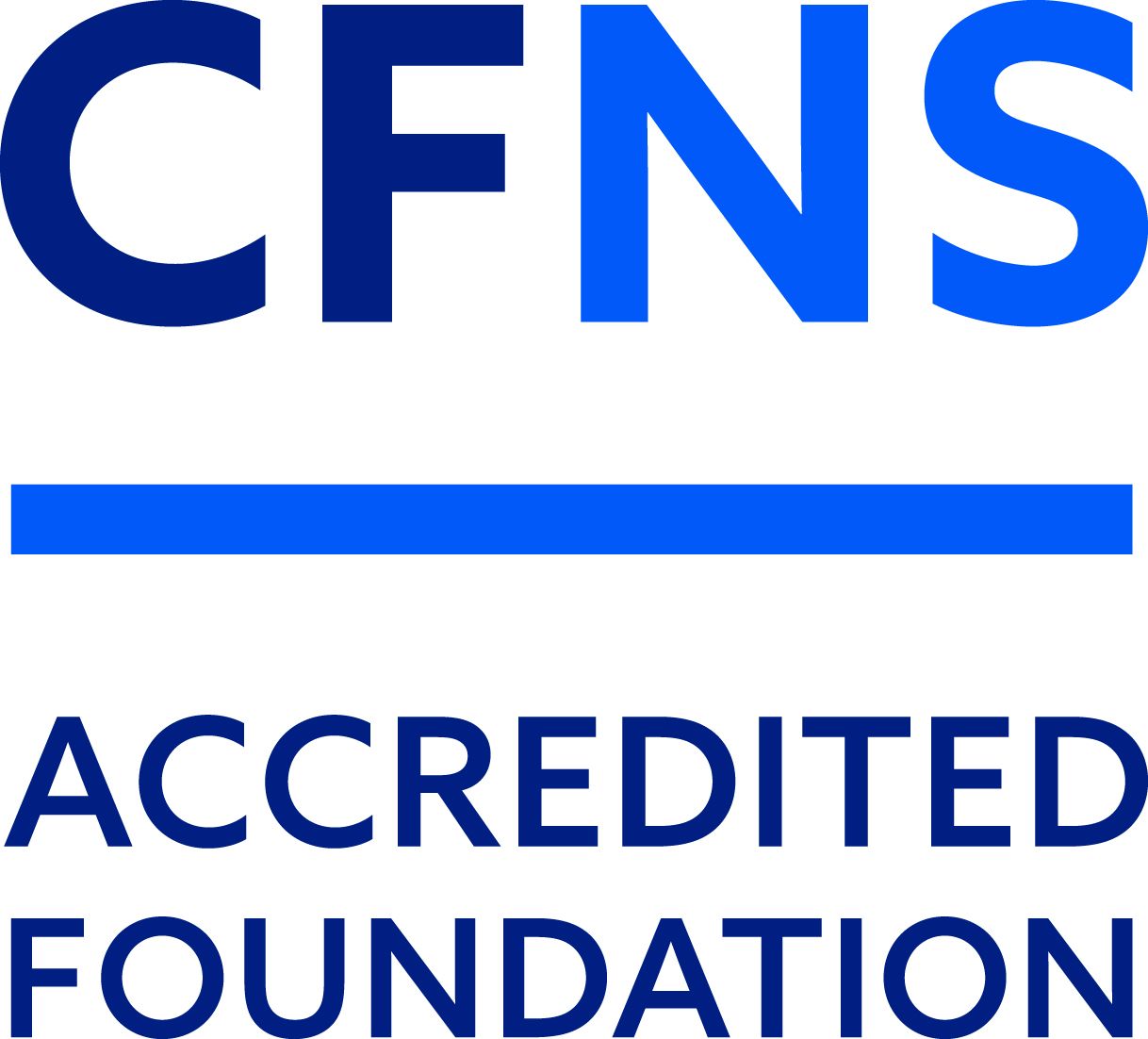Giving Approaches
Discover the benefits of working through your Community Foundation.
| Community Foundation | Private Foundation | Commercial Gift Fund | |
|---|---|---|---|
| Establishing a Fund | Establishing a fund is efficient with simple governing documents. | Establishing a new foundation requires legal, accounting and operational expenses on an on-going basis. | Sponsors of commercial gift funds are generally not located in your community. Direct contact may be difficult due to their size. |
| Tax Status | Public charity with 501(c)(3) status and is fully tax exempt. | Must establish a separate nonprofit corporation and apply for federal tax exemption with articles of incorporation and bylaws. | Public charity covered under nonprofit status of corporate entity’s charitable subsidiary. |
| Cash Gifts | Tax deduction of up to 60% of Adjusted Gross Income (AGI). | Tax deduction of up to 30% of Adjusted Gross Income (AGI). | Tax deduction of up to 60% of Adjusted Gross Income (AGI). |
| Appreciated Securities | Tax deduction of 100% of fair market value up to 30% of AGI. | Tax deduction of up to 100% of fair market value up to 20% of AGI. | Tax deduction of 100% of fair market value up to 30% of AGI. |
| Closely Held Stock | Tax deduction of 100% of fair market value up to 30% of AGI. | Tax deduction generally limited to cost basis up to 20% of AGI. | Tax deduction of 100% of fair market value up to 30% of AGI, but closely held stock usually not accepted. |
| Real Estate | Tax deduction of 100% of fair market value up to 30% of AGI. | Tax deduction generally limited to cost basis up to 20% of AGI. | Real estate usually not accepted. |
| IRA Contributions | Donors 70½ and older can transfer up to $100,000 from their individual retirement account (IRA) to your Community Foundation for a fund. The donation can be used to meet the required minimum distribution and would be excluded from both income and itemized deductions. Donor advised funds do not qualify. | Private non-operating (grantmaking) foundations do not qualify. | Donor advised funds do not qualify. |
| Tax Returns | Individual funds are not required to file. The Community Foundation handles all reporting, prepares and files all tax reports to the IRS and provides an annual independent audit. | Must file annual Federal 990-PF and supporting schedules, which indicate staff salaries, investment performance, fees, etc. Trustees must perform, contract or hire staff for these services. | The commercial gift fund is responsible for filing annual tax returns. |
| Investments | Community Foundation works with professional money managers and its Investment Committee provides experienced oversight. | Selection of investment strategies and professional fund advisors can become a very time consuming responsibility for a private foundation's Board of Trustees. | Donors may choose from among firm’s investment pools. In some cases, donor’s investment advisor can manage assets. |
| Admin. Support | A Community Foundation provides expertise to donors on a wide range of gift management, finance, and fund administration issues. | Must hire staff or Board members to carry out administrative tasks on their own. | Varies. |
| Grant Distribution Requirements | Community Foundation considers assets on rolling multi-year basis and grants accordingly to protect principal and future grant distribution capacity of endowed funds. | Subject to excise taxes and 5% grant distributions requirements. | Payout requirement varies; some require a minimum of 5% of the fund’s net assets on a five-year rolling basis. |
| Grantmaking Support | Professional staff is available to assist donors by identifying community needs and opportunities, assessing grantees, verifying grantee nonprofit status, and conducting research and program evaluation to ensure maximum community impact. | Donors must arrange and support their own grantmaking and monitoring structure. Requires extensive time to review proposals, investigate community needs, confirm status of grantees and evaluate previous distributions. | Varies. Most do not have professional grantmaking experience. Minimum due diligence is provided to ensure grants are used as donor intended by the grant recipients. The large number of funds administered may outweigh the attention given to each fund. |
| Donor Involvement | Donor recommends grants for qualified nonprofit groups. Community Foundation approves and handles all grantmaking. | Donor appoints Board, which controls investments and grantmaking. | Donor recommends grants to qualified nonprofit groups. Trustees of the gift fund approve grants. |
| Flexibility | As a public charity, a Community Foundation's organizational structure is purposely designed to allow greater flexibility to respond to and meet emerging needs and opportunities in the community. | Expensive and lengthy legal proceedings may be required to change the purposes of a private foundation. | Typically provide limited options in their charitable product offerings. |
| Accountability | A Community Foundation obtains an independent audit each year, publishes an annual report, conducts due diligence on grantees, and many are certified in compliance with National Standards for U.S. Community Foundations to ensure funds are used in the communities' best interests. | Laws and regulations governing private foundations differ greatly from those of public charities and may require expensive specialized legal and finance expertise. | Donor needs to check with the commercial gift fund sponsor to determine what accountability measures are taken. |
| Privacy | Individual donors or grants may remain anonymous. The Community Foundation can serve as a buffer between the donor and grantseekers. | Required to file tax returns on grants, investment fees, staff salaries, etc. These are public records and are compiled into grantseeker directories with the names and addresses of substantial donors and details of donations. | Donors may remain anonymous. |
| Ongoing Costs | Pooled administration; annual fee supports Community Foundation’s charitable work in the community as there are no shareholders or private investors with a Community Foundation. | Can be several thousand dollars for legal, accounting and filing fees. Additionally, private foundations are required to pay an annual 1 percent or 2 percent excise tax on their net investment income, depending on the value of their assets and the amount distributed to charities each year. | Varies. |
*There is a difference in the tax treatment of an ‘operating’ vs ‘non-operating’ private foundation.
NOTE: Policies and laws governing charitable gifts are subject to change. Examine carefully the policies that apply when you create a fund or foundation. The Community Foundation is not in the business of rendering legal, accounting or financial advice. Always discuss your plans with your attorney, accountant, or financial advisor.



